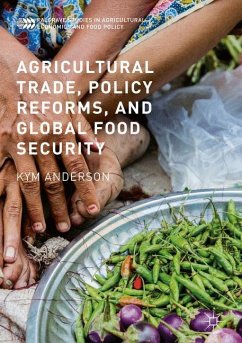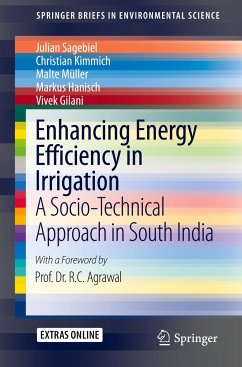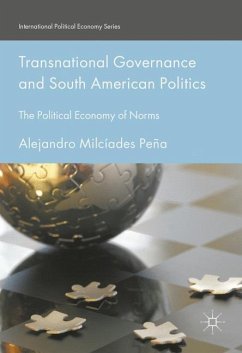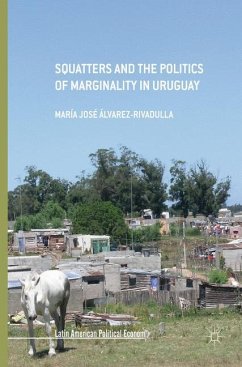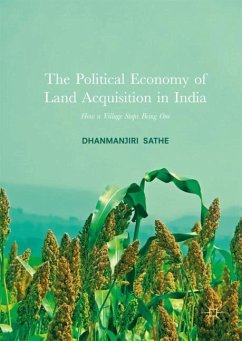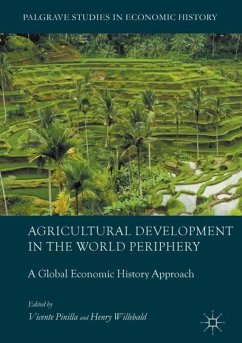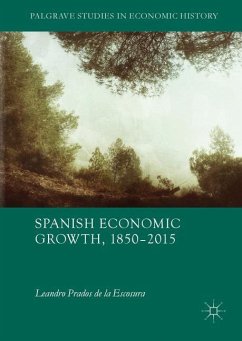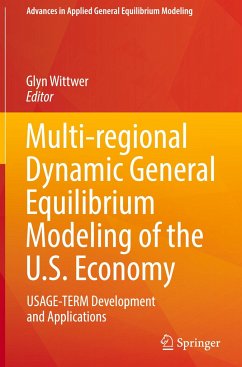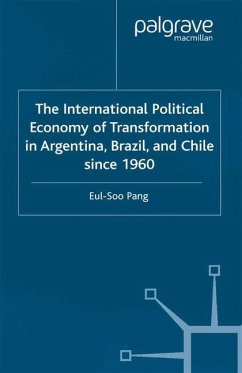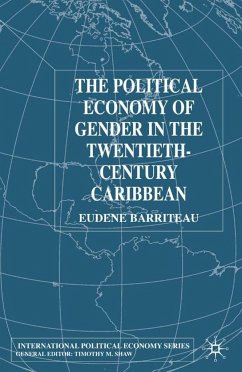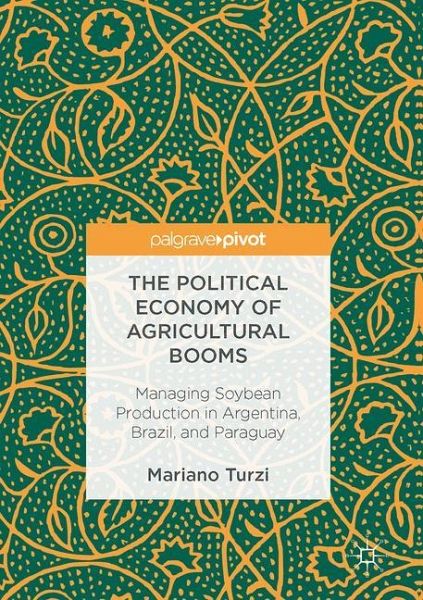
The Political Economy of Agricultural Booms
Managing Soybean Production in Argentina, Brazil, and Paraguay
Versandkostenfrei!
Versandfertig in 6-10 Tagen
46,99 €
inkl. MwSt.
Weitere Ausgaben:

PAYBACK Punkte
23 °P sammeln!
This book offers an in-depth analysis of the political economy of soybean production in Brazil, Argentina and Paraguay, by identifying the dominant private and public actors and control mechanisms that have given rise to a corporate-driven, vertically integrated system of regionalized agricultural production in the Southern Cone of South America. The current agricultural boom surrounding soybean production has been aided by aggressive new agro-technologies, including biotechnology, leading to massive organizational changes in the agricultural sector and a significant rise in the power of speci...
This book offers an in-depth analysis of the political economy of soybean production in Brazil, Argentina and Paraguay, by identifying the dominant private and public actors and control mechanisms that have given rise to a corporate-driven, vertically integrated system of regionalized agricultural production in the Southern Cone of South America. The current agricultural boom surrounding soybean production has been aided by aggressive new agro-technologies, including biotechnology, leading to massive organizational changes in the agricultural sector and a significant rise in the power of special interest groups and corporations. Despite having similar initial production conditions, the pattern of economic activity surrounding soybean production in Brazil, Argentina and Paraguay, continues to be largely determined by the needs of the multinational corporations involved, rather than national considerations of comparative advantage. The author uses these findings to argue that the new international model of agricultural production empowers chemical and trading multinational companies over national governments.





